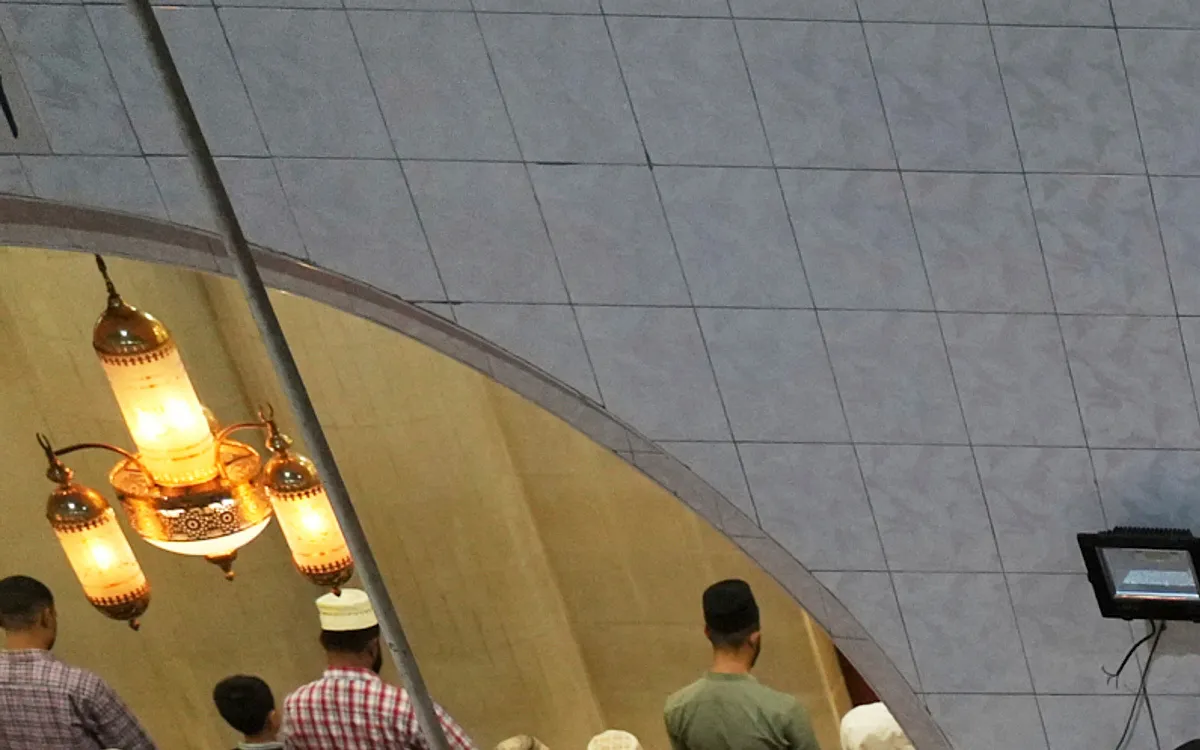
Since returning to the White House, former President Donald Trump has initiated a significant campaign of immigration enforcement, pushing the boundaries of executive authority. This movement has met resistance from federal judges attempting to limit his actions. Central to this campaign is a new travel ban stemming from an executive order issued on January 20, which mandates the Department of State, Department of Homeland Security, and the Director of National Intelligence to report on “hostile attitudes” toward the United States.
The administration claims that this executive order aims to “protect its citizens from aliens who intend to commit terrorist attacks, threaten our national security, espouse hateful ideology, or exploit immigration laws for malevolent purposes.” In a recent social media video, Trump linked the ban to a terrorist attack that occurred in Boulder, Colorado, implying that it highlights the risks posed by visitors who overstay their visas. Notably, the individual charged in the attack is from Egypt, which is not included in the list of countries affected by the travel ban, raising questions regarding the effectiveness and focus of the new restrictions.
The travel ban includes several exemptions, allowing specific groups to bypass the restrictions. These exemptions are as follows:
Green card holders: Permanent residents of the United States are not affected by the ban. Dual citizens: Individuals who hold citizenship in both the U.S. and a banned country are exempt. Athletes: Athletes and their coaches traveling for major sporting events, such as the World Cup or Olympics, are allowed entry. Afghans with special immigrant visas: Those who worked for the U.S. government or its allies in Afghanistan can enter the U.S. Religious minorities from Iran: Iranians facing persecution based on their ethnicity or religion are granted exemptions. U.S. government employees: Certain foreign employees of the U.S. government who have served abroad for 15 years or more, along with their families, are also exempt. Asylum seekers and refugees: Individuals granted asylum or admitted as refugees before the ban took effect are permitted entry. Family connections: People with U.S. family members applying for visas tied to spouses, children, or parents are exempt. Diplomats and officials: Diplomats and foreign government officials on official business are allowed entry. U.N. representatives: Those traveling to United Nations headquarters for official U.N. business are also exempt. International organization members: Representatives of NATO and international organizations on official visits can enter the U.S. Adopted children: Children adopted by U.S. citizens are not impacted by the ban. Valid visa holders: Individuals from the affected countries who already possess valid visas may still face challenges, as the Department of Homeland Security retains authority to deny entry even for those with valid documentation.Trump has identified the nationals of certain countries included in the travel ban as posing “terrorism-related” and “public-safety” risks, along with concerns regarding visa overstays. He has argued that some of these nations feature “deficient” screening and vetting processes or have historically refused to accept their citizens back. His assertions are largely based on an annual report from the Homeland Security department, which details tourists, businesspeople, and students who overstay their U.S. visas and arrive by air or sea. Trump stated, “We don’t want them.”
The inclusion of Afghanistan in the ban has sparked discontent among supporters advocating for the resettlement of Afghan nationals. However, exceptions exist for Afghans holding special immigrant visas, who typically are those that worked closely with the U.S. during the two-decade conflict in their country. The administration has indicated that the list of affected countries may be adjusted if these nations demonstrate “material improvements” in their immigration processes, with the possibility of new countries being added as threats evolve globally.
In a recent directive, the State Department instructed U.S. embassies and consulates not to revoke visas that have already been issued to individuals from the 12 countries included in the travel ban. A cable sent to all diplomatic missions stated, “No action should be taken for issued visas which have already left the consular section,” and emphasized that previously issued visas should not be revoked under the new proclamation. However, visa applicants from the affected countries whose applications have been approved but not yet finalized will face denials, unless they qualify for specific exemptions.
This new travel ban contrasts sharply with Trump’s initial travel ban issued during his first term, which targeted citizens from seven predominantly Muslim countries: Iraq, Syria, Iran, Sudan, Libya, Somalia, and Yemen. The 2017 ban created widespread chaos and confusion, leading to travelers being barred from boarding flights or being detained upon arrival in the U.S. The initial order, often referred to as the “Muslim ban” or “travel ban,” underwent several revisions amid legal challenges until a version was ultimately upheld by the Supreme Court in 2018.